Dir: Bohdan Slama. Czech Republic. 2001. 94mins
This good-natured countryside romp has already secured a place in a number of film festivals, from Rotterdam onwards. While there is no denying its unspoilt natural flavour and its light, insouciant charm, it is also difficult to ignore its lack of a real story, its tendency for self-indulgent folklorisms and its cheerful disregard for plot details. Film festivals will have no problem selecting it - being a first film is a great asset in these circumstances - but it is difficult to see how, even after its selection as the Czech candidate for the foreign Oscars, it could forge a career for itself outside the arthouse circuit.
One of those East European heart-of-wilderness tales, the film is set in a remote Moravian village, where it seems nothing has changed in the last 50 years, apart from the introduction of a microwave oven into the local bar's kitchen, a slot machine in the bar itself, the music of Michael Jackson on the radio and the picture of President Havel on the wall. The inhabitants have that peculiarly remote feeling of living outside time, in communion with nature, in a sort of rustic society where everything goes - or at least, excessive drinking and promiscuity. Although the film offers a composite picture of the entire village, the story focuses on the two sons of the station attendant (who is also the village's self-appointed philosopher). Kaja, the younger son, a bit of a simpleton, is yearning for the attention of Bozhka, but she seems to be the exclusive property of Lada, the local version of Michael Jackson. The older son, Petr, comes back from the city to find his former girlfriend Jana raising a baby and paired with a good-for-nothing gambler addicted to the bar's one armed bandit. In what could be considered a tribute to Milos Forman's classic 1967 film, the various story strands build towards the climactic firemen's ball, in the course of which the couples conveniently rearrange themselves, at least temporarily, to please the audience.
Very much in the spirit of the rural Czech comedies of the past, but lacking their political bite, Bohdan Slama's film moves at a relaxed pace, sometimes rambling over the same ground more than once. Some of the characters, such as the village slut or a wily grandmother with a weakness for hats, are more colourful than the others, but on the whole Wild Bees is an easy-going and pleasant portrait of life in the country. With a spirited, minimalist musical score and sensitive camera work that is never less than interesting, the film features natural, uninhibited performances and some vivid character sketches of older women whose energy and appetite for life would put most men to shame. If Slama's original intention was to celebrate sadness, as the film's closing statement would seem to indicate, he should consider himself happy that he failed. For that is certainly not the predominant feeling he imparts.
Prod cos: Cineart TV Prague, Czech Television
Int'l sales: Czech Television
Prods: Viktor Schwarcz, Alice Nemanska, Helena Slavikova
Screenplay: Slama
Cinematography: Divis Marek
Ed: Jan Danhel
Prod des: Petr Pistek
Music: Miroslav Simacek
Sound: Jan Cenek
Main cast: Zdenek Rauser, Tatiana Vilhelmova, Marek Daniel, Vanda Hybnerova, Pavel Liska, Cyril Drozda, Eva Tauchenova




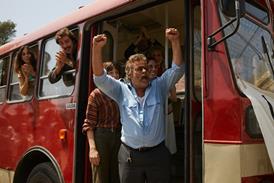
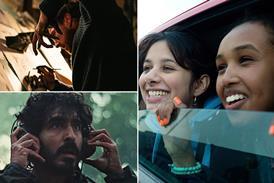






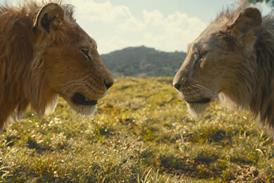
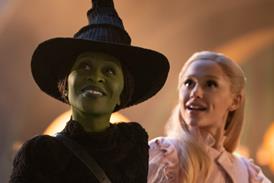
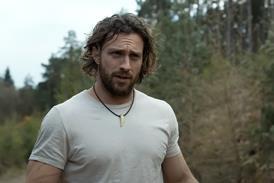
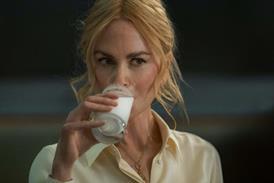


No comments yet